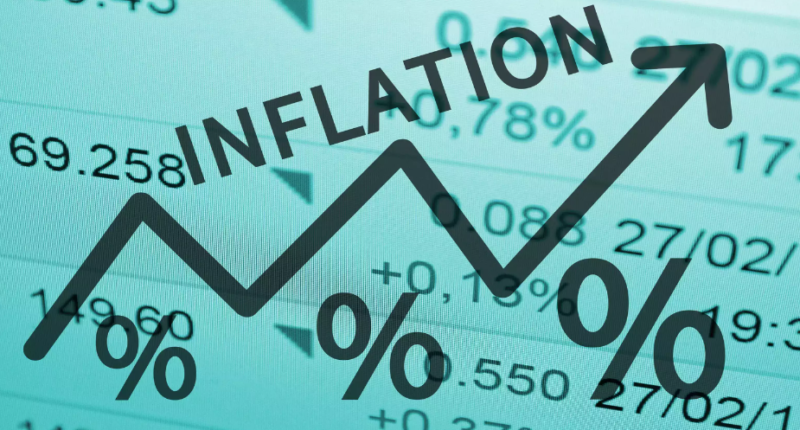According to the National Bureau of Statistics (NBS), Nigeria’s inflation rate rose from 21.09 percent in October to 21.47% in November; representing a 10th consecutive monthly increase since the start of the year. By this, the inflation rate in Nigeria, Africa’s largest economy, has now risen to its highest level since September 2005 when it hit 24.32 percent.
Why it matters
Nigeria’s heightened inflation rate, which represents a seventeen year high, shows that many Nigerians are losing their purchasing power as the cost-of-living rises.
Key Notes
According to the data released by Nairalytics, food inflation rose to 24.13% in November 2022 from 23.72% recorded in the previous month. The spike in food prices is as a result of an increase in prices of bread and cereals, food products (including potatoes, yam and other tuber), fish, meat, oil and fat. There were also hikes in prices of gas, liquid fuel, solid fuel.
- It is important to note that the impact of Nigeria’s high inflation rate is severe due to the fact that the major drivers of the country’s inflation are basic items Nigerians spend money on.
Recommendation by Experts
Financial experts in the country claim that to tackle Nigeria’s high inflation rates, the country needs to improve the agricultural sector to obtain more yields from farm produce, cut the cost of operation for farmers and support the manufacturing sector, while improving exportation. Instead of the Central Bank of Nigeria (CBN) approach of adjusting the monetary policy rate multiple times in a year, redesigning naira notes and limiting customers’ bank withdrawals.
World scope
The inflation rate which hit many countries of the world earlier in the year including the United Kingdom and the United States seems to be declining as these countries are slowly recovering. However, reports say the prices of goods and services are not receding yet.

